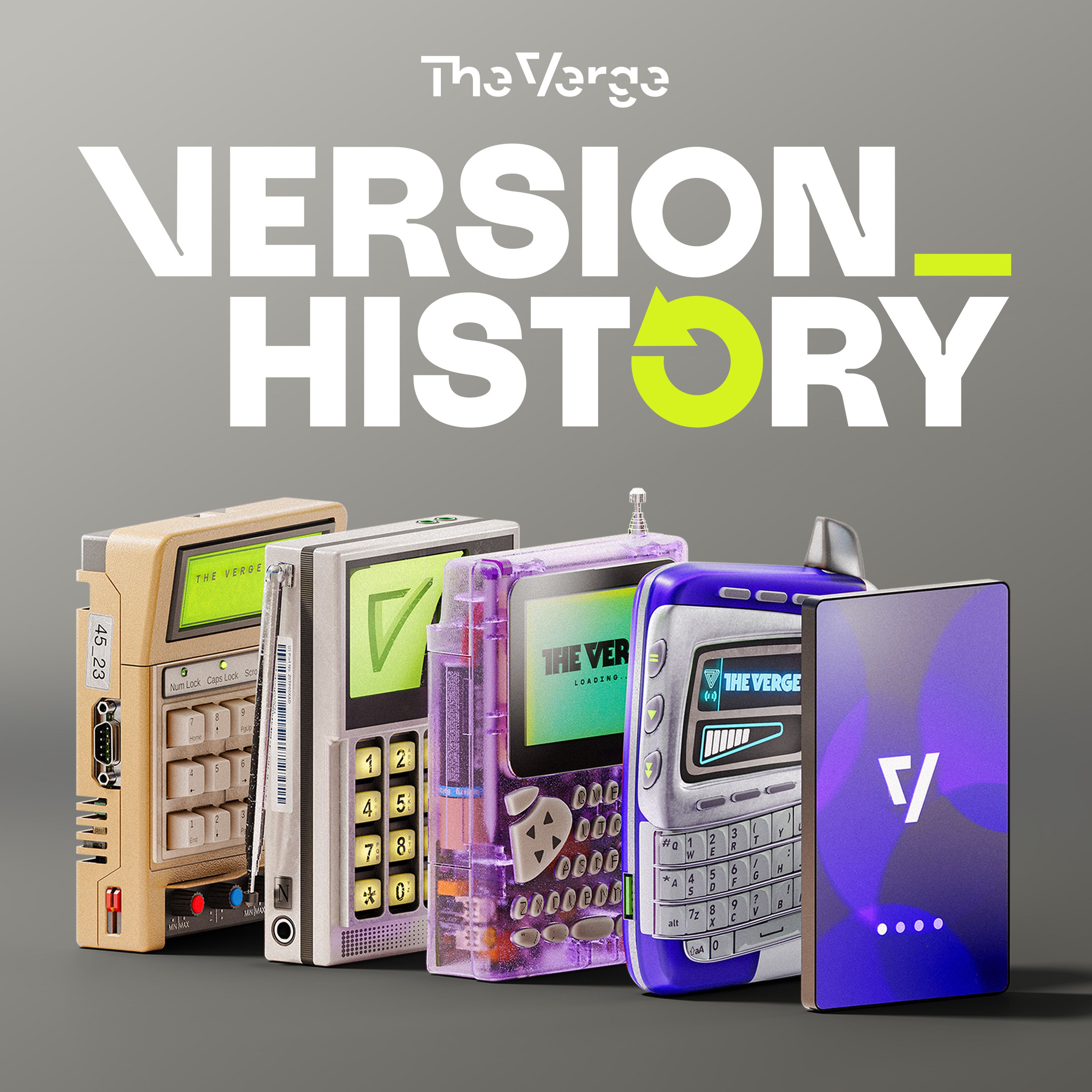The Verge just dropped something different in the crowded podcast space - a tech nostalgia show that treats gadgets like canceled TV series. Version History, hosted by David Pierce, Andy Hawkins, and Sean O'Kane, launched with an hour-long deep dive into hoverboards that reveals how a simple two-wheeled scooter became a window into Chinese manufacturing, social media influence, and autonomous vehicle debates. It's basically a rewatch podcast, but for technology.
The Verge just launched something that feels both familiar and fresh in the podcast landscape. Version History isn't your typical tech news show - it's what happens when you apply the rewatch podcast format to technology's greatest hits and misses.
The debut episode, "Hoverboards: so hot right now," doesn't just chronicle the rise and fall of those self-balancing scooters that dominated 2015. According to David Pierce, the show's co-host, the hoverboard story reveals "a crucial inflection point in Chinese tech manufacturing" and serves as a early referendum on self-driving car acceptance. It's the kind of connective tissue that makes tech history compelling rather than just nostalgic.
The Verge team isn't reinventing podcasting here - they're borrowing the proven formula from shows like The Always Sunny Podcast and Office Ladies, where creators revisit their work episode by episode. But instead of TV episodes, Pierce, Andy Hawkins, and Sean O'Kane are dissecting products that shaped how we live and work.
The timing feels right for this approach. We're far enough from the smartphone revolution to have perspective on what worked and what didn't, but close enough that the people who built these products are still around to tell their stories. The show promises to dig into the executive battles, cultural forces, and individual taste-makers that determined why some products succeeded while others became footnotes.
What sets Version History apart is its multimedia approach. While most podcasts grudgingly add video versions, The Verge designed this show for both formats from the start. "We brought all the old gadgets into the studio and got to play with them," Pierce explains in the launch announcement. There's something powerful about seeing these devices handled again with fresh eyes, especially when they're products that briefly dominated our attention before disappearing.
The show's ambitions go beyond nostalgia tourism. "Nothing in tech is ever inevitable," Pierce notes, pushing back against the mythology that successful products were obviously destined for success. Every episode aims to tell a product's complete story - from conception through cultural impact to eventual obsolescence or evolution.












